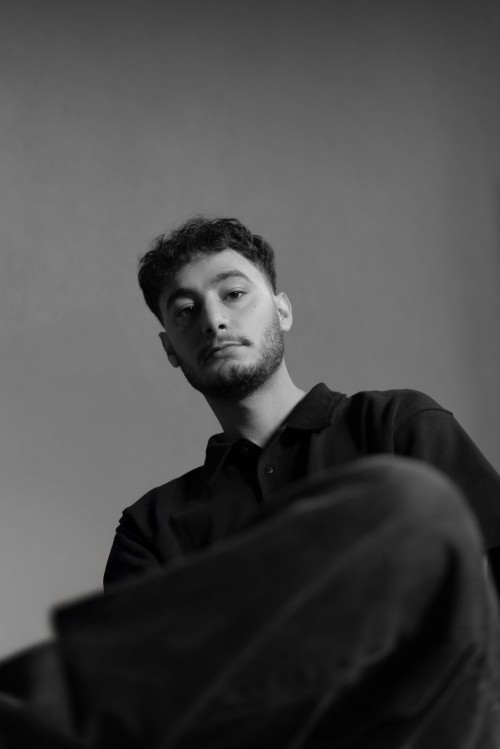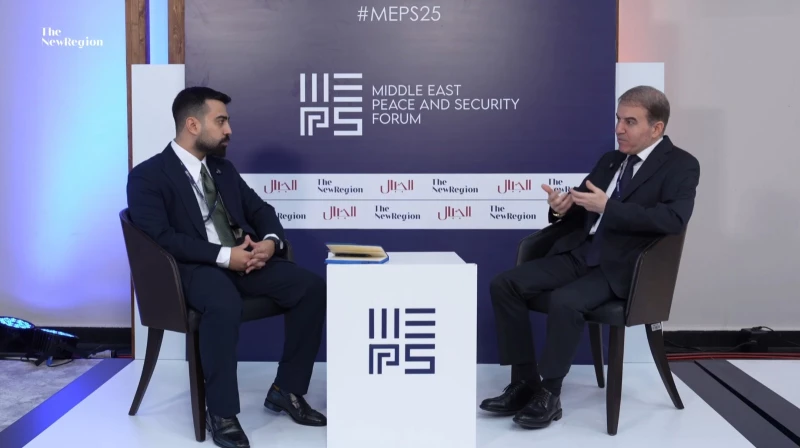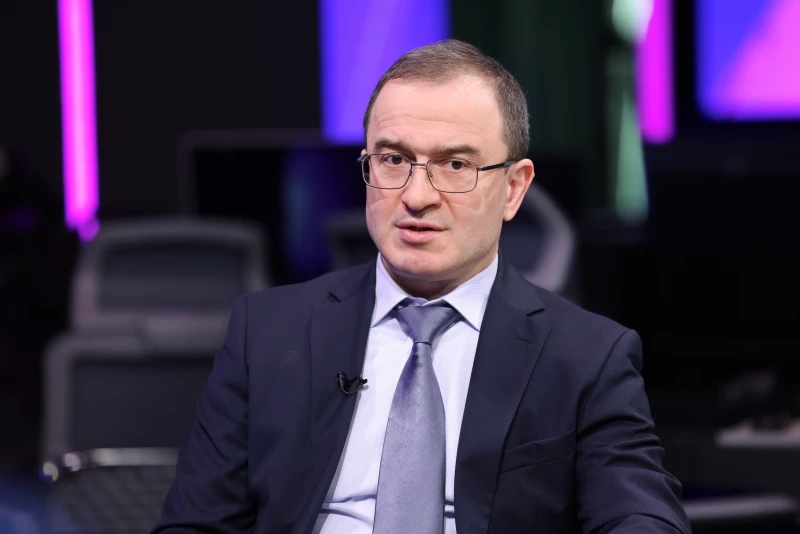ERBIL, Kurdistan Region of Iraq - In an alley near Erbil’s citadel, a gunsmith has fixed weapons for Peshmerga and security forces for nearly four decades, a craft handed down to him from his father and one he has now passed down to his son.
Bakhtiyar Sadraddin Aziz, a father of five, started working as a gunsmith when he was only eight-years-old.
“This work was mostly passed down to me from my father. I have just been here [in this shop] for around 30-35 years,” he said, adding, “see, I have a photo of myself at 10-years-old fixing guns,” as he pointed to a childhood photo of himself on the wall.
Same as his father before him, Bakhtiyar taught his own son the craft at a young age as well. Next to his childhood photo is a picture of his son at around the same age fixing a gun. “My son was born in 1998, he has been [working] with me since he was a child.”
“He was 8 or 9-years-old when he started learning and now he knows more than I do, he is better than me,” he said proudly.
The shop is located in an old dead-end alley near the ancient Erbil citadel - a UNESCO world heritage site and one of the oldest places around the world with continuous civilization.
Bakhtiyar stressed that he only fixes weapons for Peshmerga fighters and other security forces such as Police or internal security (Asayish). He fixes weapons for civilians only if they have a permit.
The gunsmith highlighted the dangers of working with firearms daily. “Our work is a bit dangerous, we are always on [the edge of] the knife. ‘Is there a bullet in it? Will you fire it by mistake?’ it is a bit dangerous.”
During the war against the Islamic State (ISIS), he was a volunteer, fixing weapons for the Peshmerga at the frontlines.
There were many new weapons used during the war which Bakhtiyar said he had never “worked on or seen.”
He brought attention to the MILAN, a German anti-tank guided missile system supplied to the Peshmerga by the global coalition against ISIS.
“ISIS was defeated mostly with this German weapon, this MILAN was very useful for the Peshmerga,” he said. “It changed the tides of the war.”
Bakhtiyar recalled his life being endangered multiple times during the war - remembering mortar shells falling nearby, machine guns firing towards him - all while trying to fix a weapon he had nearly no experience with.
Speaking of new weapons and the state of war, he spoke of the past as well. “This work is not new, even during Mullah Mustafa’s [Barzani] time… gunsmithing existed. Back then they would bring weapons to my father and even before him there were gunsmiths.”
“At the time courage and strength counted,” he emphasized, adding, “that is not the case today, it’s [all about] technology. It’s [a computer] right in front of you, you can fly 100 drones.”
Bakhtiyar highlighted the safety in Erbil, noting that civilians do not need to carry weapons as the Kurdistan Region is more secure than many of the other parts of the region and the rule of law is upheld.



 Facebook
Facebook
 LinkedIn
LinkedIn
 Telegram
Telegram
 X
X


